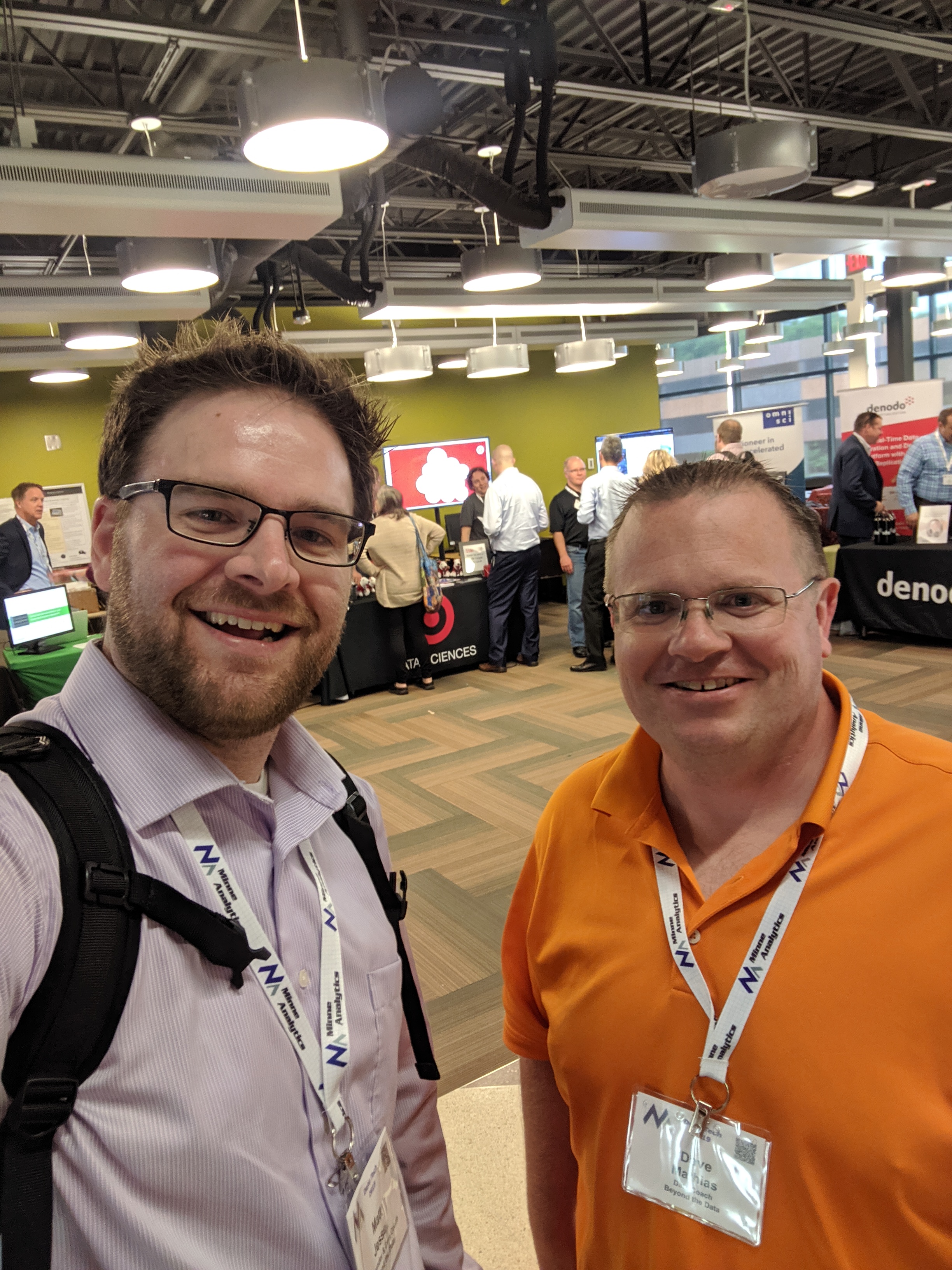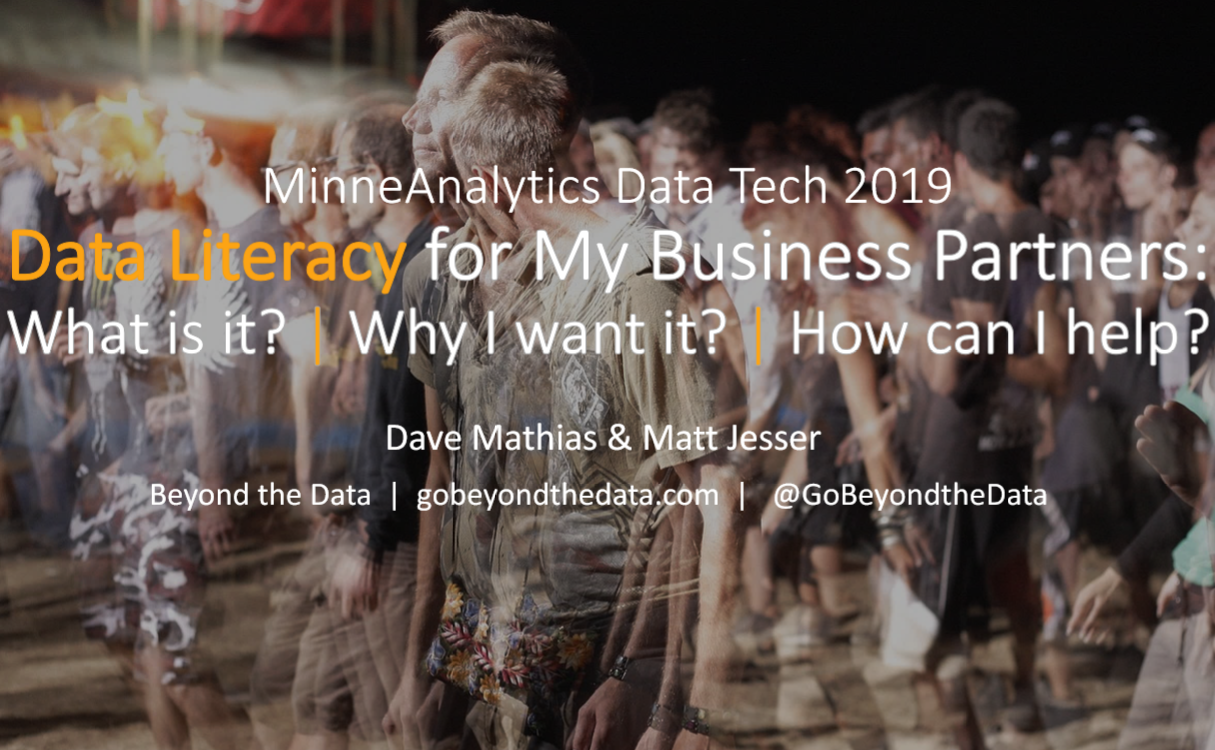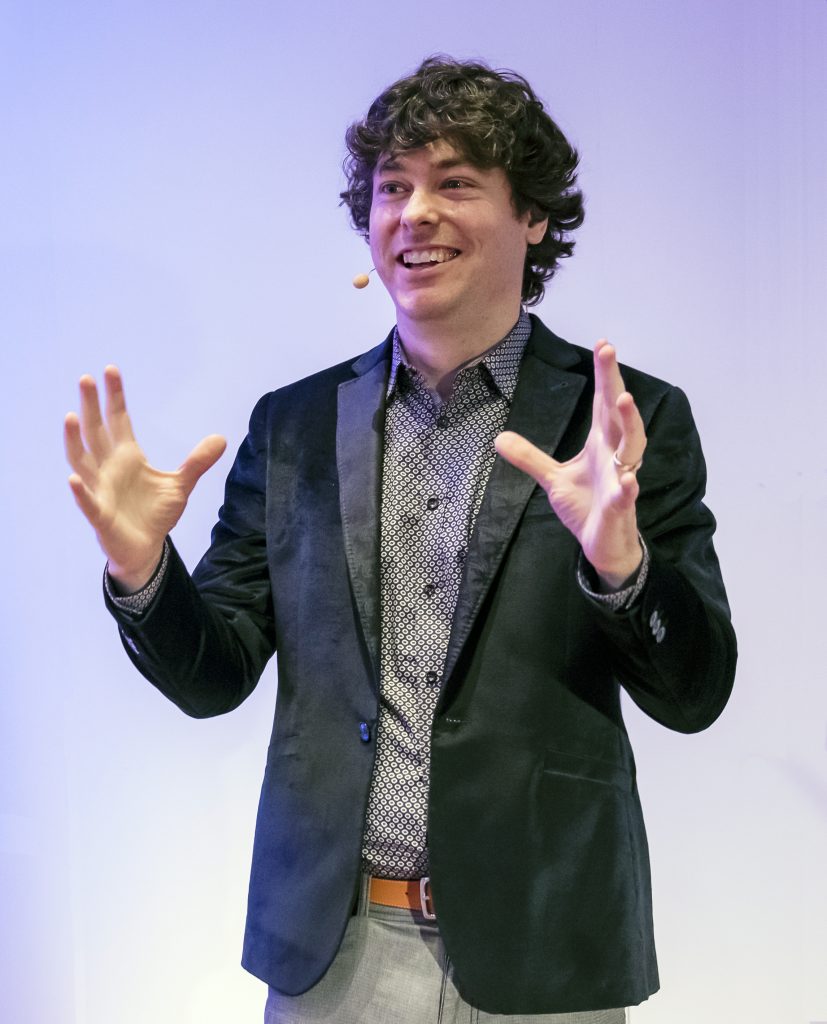Ep 28 - Rachel Stuve - Fusing People with Data
/Listen to the Episode
Subscribe to the Podcast
Episode Summary
“I can teach someone how to code or use visualization tools. But I can’t teach someone to be inquisitive and to solve a problem. The human side of data is so important.”
The reality of data and analytics today, is that it’s not really about the data or analytics at all. It’s about the human behavior. The choices that executives and leaders make. It’s about augmenting those daily decisions to make them slightly better than if they didn’t have data. Over time, these add up to immense value.
Many analytics teams still focus on the data engineering. The data pipelines. The BI tools to use. Data governance and access to data are undoubtedly important, but it is all for nought if the human on the other side of the dashboard can’t or won’t do something about it.
That’s why I’m so excited to have people like Rachel Stuve in our industry. Rachel believes that data empowers humans: it's what gives us the ability to solve problems and change the world. With data, she believes that unlocking the true power comes from combining the human with that data.
So what does a data informed organization look like?
From what Rachel has found working with organizations large and small, these would be the steps:
They would start with their business goals
They would break down their goals into sub-goals
What are the business questions or challenges that are keeping you from those sub-goals
Link your data to those questions and challenges.
Write the data pipelines, models, code, reports, dashboards and communicate
The key to all of this is that the analytics people are embedded directly in the business, linking data to the business objectives and driving value on the business’ terms.
We couldn’t agree more! Adding value starts with tightly aligned goals. Thanks for coming on the show and sharing your thoughts, Rachel!
More about Rachel
Rachel on LinkedIn - in/rachel-stuve
Women in Technology - https://www.womenintechnology.org/
Links from the episode
Book - Made to Stick: Why some ideas survive and others die by Chip & Dan Heath
Book - Info we Trust: How to inspire the world with data by RJ Andrews
Framework - The Five Whys











